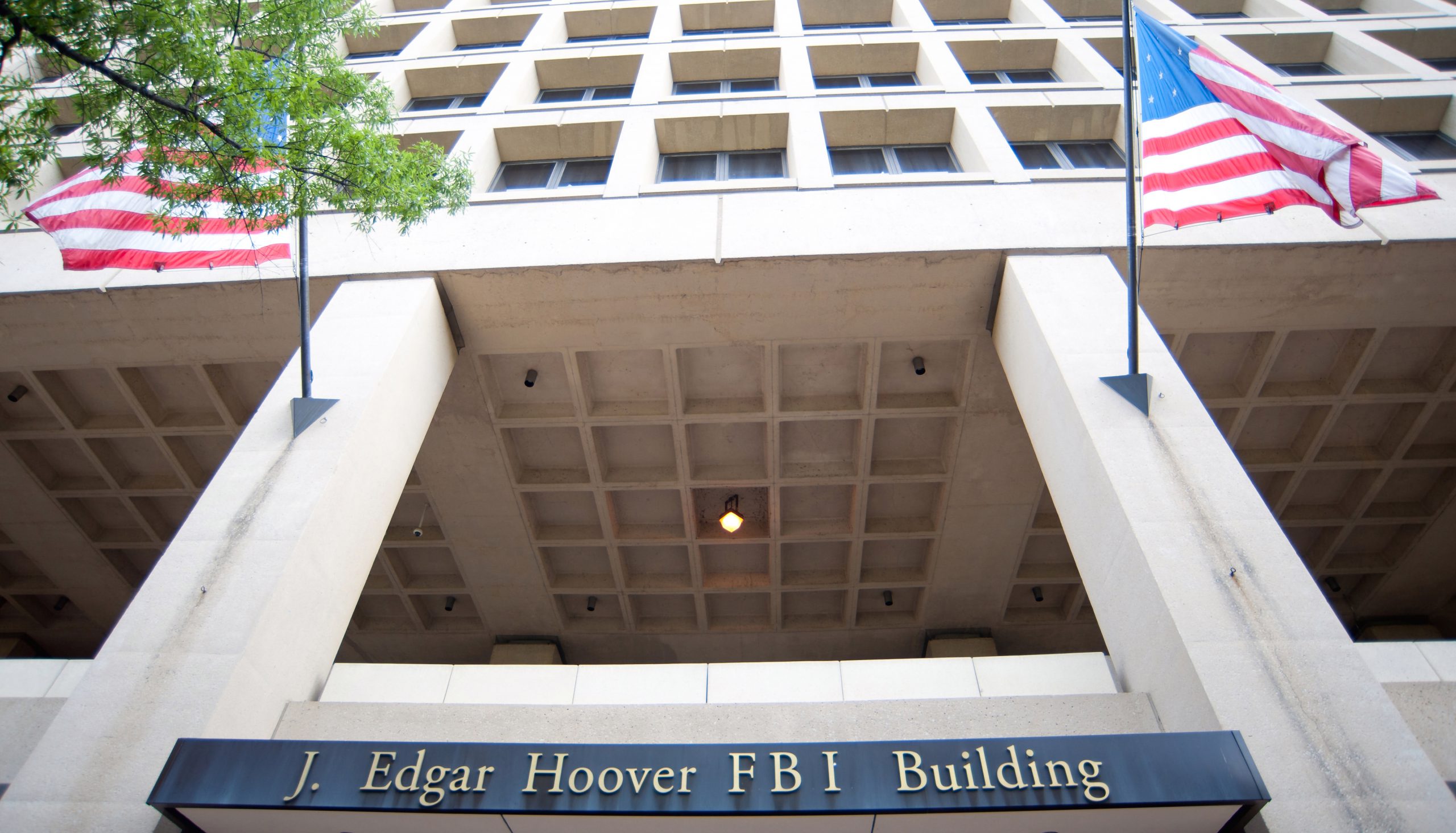One of the lasting effects from the 9/11 attacks was a clampdown on public information. Governments shut down websites or removed huge swaths of information.
The creation of the U.S. Department of Homeland Security in 2002 led to new restrictions on access to information about dams, pipelines and chemical plants, all designed to keep the “homeland” safe. While some information was made public later, many of the closures remain today.
Now, with the COVID-19 crisis, when information could be key to our very existence, a similar pattern is emerging. Governments at all levels are shutting down access to information and conducting business out of the public eye.
“We’ve seen this throughout history,” said David Cuillier, associate professor at the University of Arizona and president of the National Freedom of Information Coalition. “Any time there’s a national catastrophe, there is more government secrecy.”
And though agencies often argue that closures are temporary, “the secrecy still lingers,” Cuillier said.
In March, the FBI posted a message on its website saying that it would no longer accept Freedom of Information Act requests electronically. FOIA requests would have to come in via hard copy. It since has updated the message to say that all requests – mail or electronic — will be delayed, given limited staffing.
According to a March 27 CRS report, many other agencies have said that physical requests by mail or fax might not be received until offices are staffed, so they encouraged requesters to submit FOIA requests either by email or to agency portals.
FOIA already requires agencies to proactively post online certain categories of information, including frequently requested records. A 2015 guidance from the U.S. Department of Justice urged agencies to “take affirmative steps to make information public” and to “readily and systematically post information online in advance of any public request.”
But that guidance was never fully realized.
Open-government advocates across the country are urging more openness in government. Openthegovernment.org issued a statement April 16 calling for agencies to increase funding for FOIA officers, give those public employees processing FOIA requests access to electronic agency records because so many are working from home, and increase transparency under new contracts issued in response to the COVID-19 health crisis. At the local level, reporters covering the COVID-19 crisis have had trouble getting basic figures from agencies about hospital preparedness, numbers of cases and information about nursing homes that have COVID cases. The Baltimore Sun reported Tuesday that the state has refused to release the names of nursing facilities with COVID-19 cases, saying it was leaving the decision to local authorities. The City of Baltimore told the newspaper that the information is not public.
Chicago Mayor Lori Lightfoot’s administration said it would automatically reject all Freedom of Information Act requests because of staffing reductions, but later reversed the decision.
Hawaii Gov. David Ige suspended the state’s open records and open meetings laws all together.
The District of Columbia city council passed a measure that included a provision allowing agencies to delay responses to public records.
“Access to information about the activities of the D.C. government is especially important during times of crisis. As D.C.’s government implements this Act, we urge agencies and city officials not to curtail the public’s right to access government records,” Katie Townsend, legal director for The Reporters Committee for Freedom of the Press, said in a statement.
The Reporters Committee has been tracking transparency under COVID-19 and is collecting examples of barriers to information to the press and the public. The National Freedom of Information Coalition has a resource page on open government and the crisis.
It’s not just public records that are harder to get. Some agencies are no longer providing public access to city council meetings, votes or minutes. Some public officials, including Missouri Gov. Mike Parson, have banned reporters from their briefings.
Agencies should use this crisis as an opportunity to be more open, advocates argue. The National Freedom of Information Coalition has outlined several steps governments can take to increase transparency during this time.
“I understand this is odd and different and that we don’t want people packed into city council chambers,” Cuillier said. “But if we can do Zoom happy hours, I think the government can figure out how to do business virtually. It’s not rocket science.”





